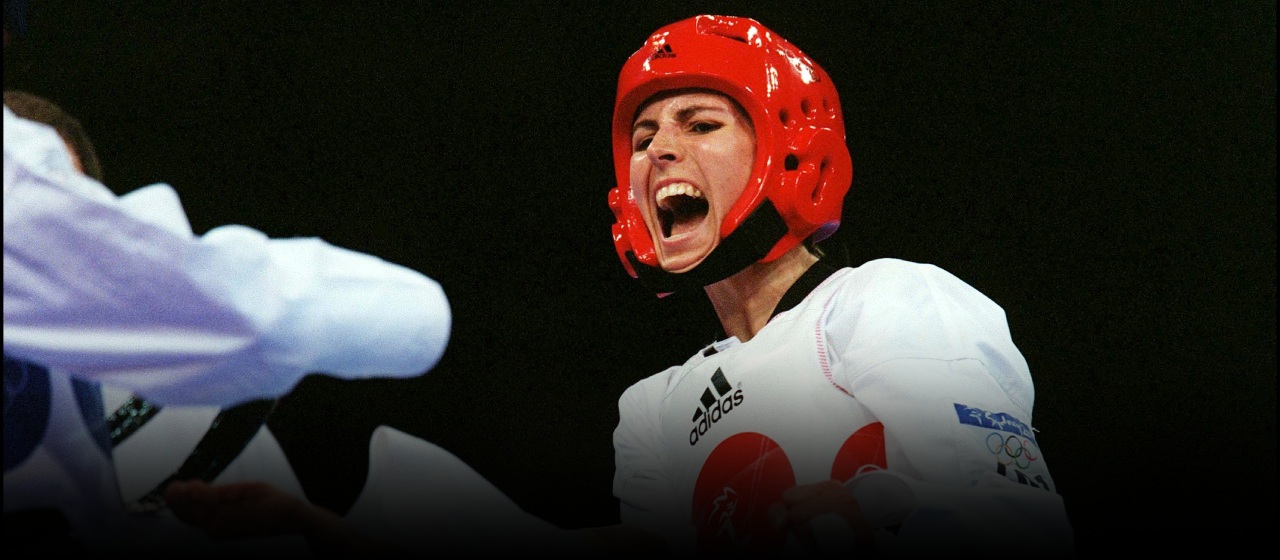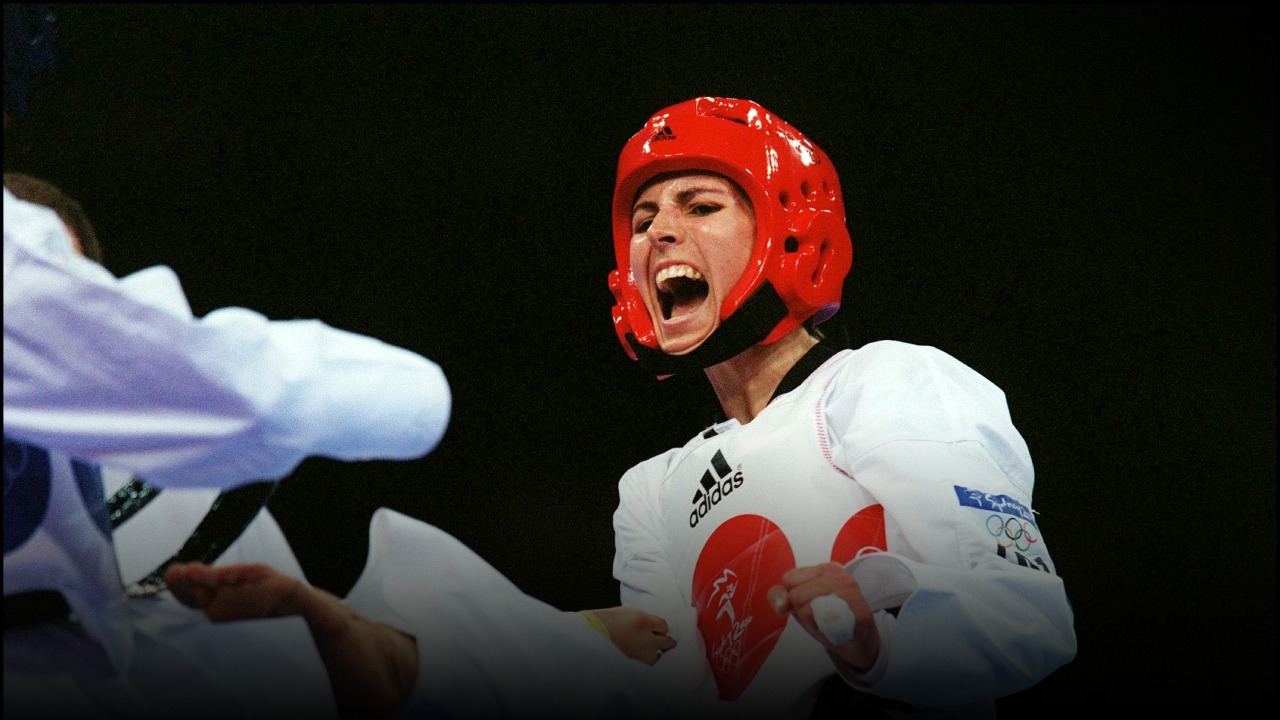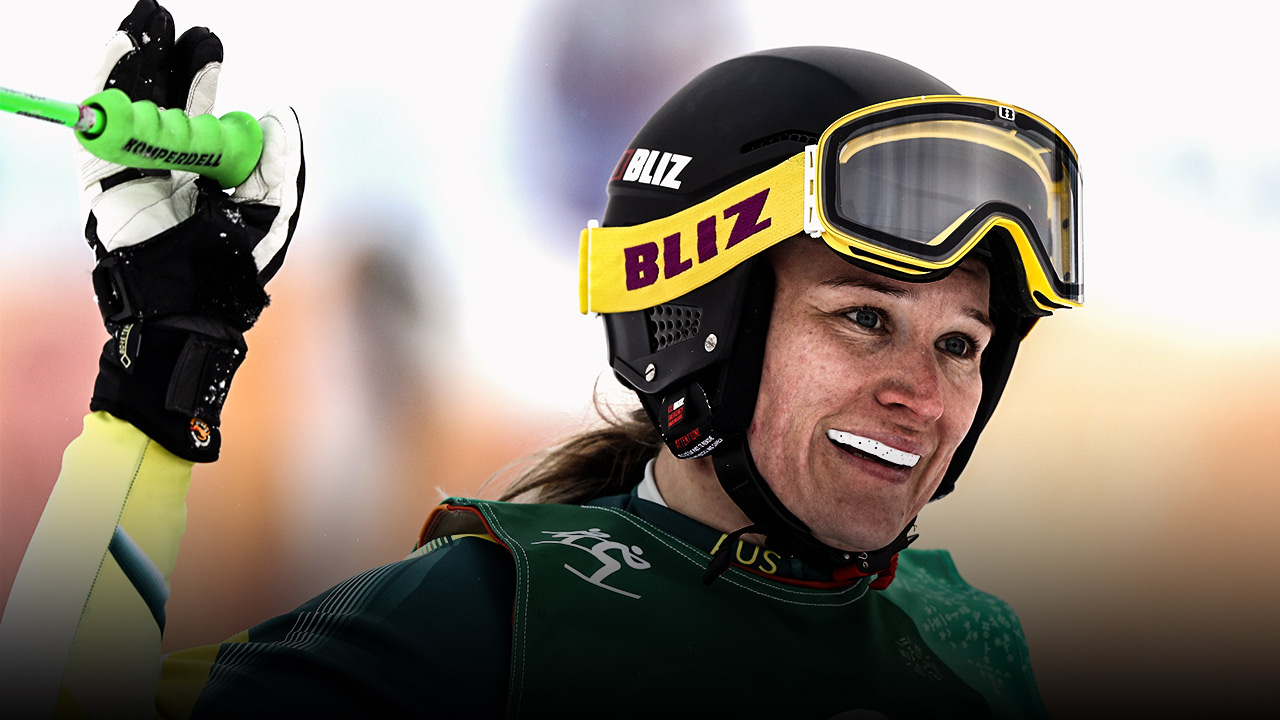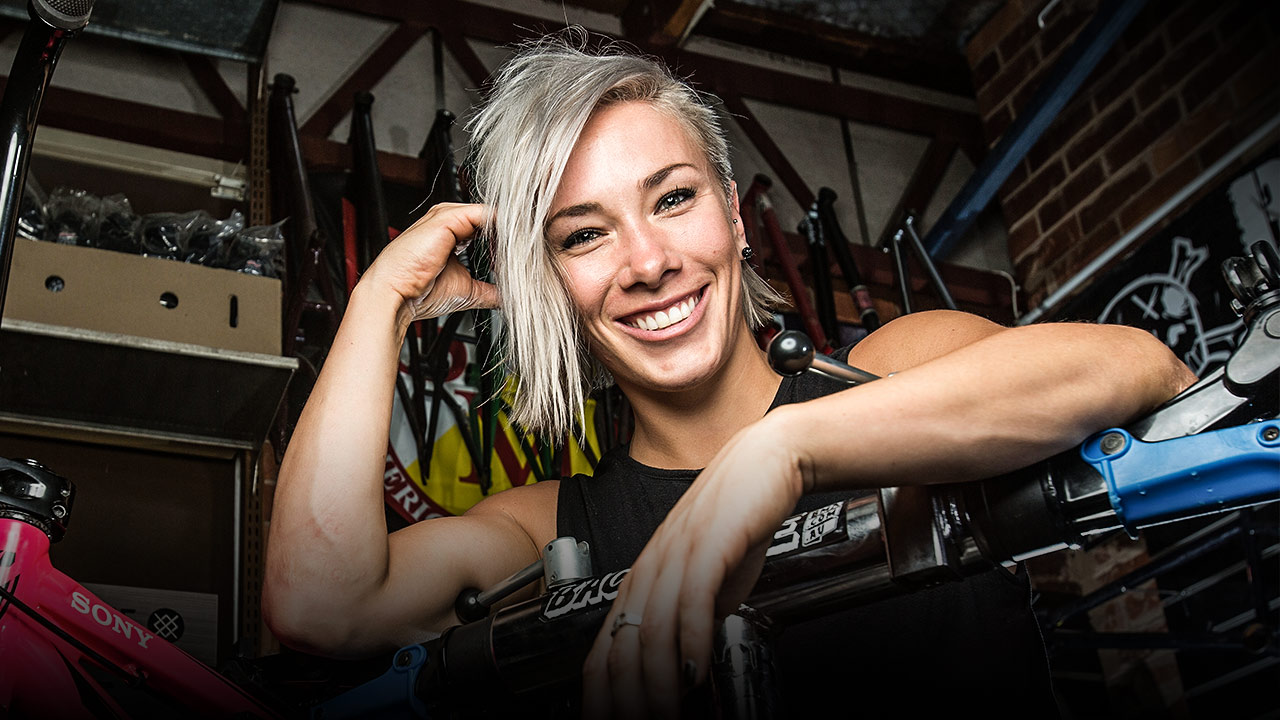AIS
Who are you without your sport?
It took me a while to come to the realisation that I’d need something after sport.
I was a bit of a ratbag teenager, going out partying with my friends. I would rock up to training on a Saturday morning and my coach would be like “Lauren, you stink of alcohol.” I was 17.
It wasn’t until I started qualifying on teams that I thought “I really enjoy this and I’m going to focus on it.”
I got a scholarship with the Victorian Institute of Sport which gave me access to a lot of different services. One of them was the Athlete Career and Education program which was headed up by Dee Anderson.
I was around 20, training fulltime, competing internationally, and traveling a lot. I always knew I wanted to study naturopathy, but I thought I would be an athlete first, then study when I finished.
When Dee first suggested studying concurrently with training I thought “no way.” Everything in my life was full-on already. Training was all-encompassing and I was committed to that. I was also working at an Australian Geographic shop and teaching at a taekwondo club.
I couldn’t imagine studying as well. I thought when I started studying it would be full-time and I would be completely devoted to it.
Dee wanted me to start with one subject. With naturopathy, the only bachelor’s degrees are with private institutions, so you have to pay fees upfront. Not only did I think I couldn’t afford the time, I couldn‘t afford the fees either, with my rent, living and training expenses.
Looking back, it was the biggest gift someone could have given me.
The fee for the first class was $150 and I didn’t have that kind of money to spare. When I mentioned this to Dee, she pulled out the VIS cheque book, wrote me one for $150 and said “enrol”. It meant a lot that someone would do that for me.
I enrolled for that class. Later I went back and told her I loved it but I couldn’t afford the next class. She got out the cheque book again.
Naturopathy was seven subjects per semester, so doing one or two wasn’t really getting my teeth into the course. But I did that next subject, enjoyed it, and that was all I needed. From there I prioritised it and saved for it and was able to pay my way through the course.
Eventually, I built up to doing two or three subjects. Generally, I couldn’t do any more than that with all the travel we were doing as a team. But it meant I was able to really chip away it and it gave me a great break in terms of my brain focusing on something else.
Looking back, it was the biggest gift someone could have given me. I would never have started if she had just gently encouraged me. I needed to be forced to take that first step and see the value in it myself by experiencing it.
It was a four-year fulltime degree and it took me 12 years as I was constantly juggling it around work, training, traveling and competing. The Endeavour College of Natural Medicine was incredibly supportive and always provided flexible study options so that helped enormously. If someone had have said at the beginning, “just start, it’s going to take you 12 years” I would have said “No way! I’m not dedicating 12 years to that!”
Now, when I mentor anyone, I think of the skills Dee taught me in our interactions.
She always promoted athlete autonomy. An athlete usually knows what they need most. I needed to be nudged in that direction of taking the first step with study. I knew my passion and she drew that out of me and allowed me to tell her what I needed so she could encourage me in that way.
When you are coaching or mentoring someone, it’s important to listen. It’s easy to tell someone you’ve got to do this or that, but you have to listen to the person you’re working with, determine their skills and strengths, where they need encouragement and how they need to be motivated.
It’s a case of being able to facilitate that, draw it out and then suggesting solutions if you see someone is struggling or needs help.
Dee supported me in connecting with whatever I needed. That’s where the VIS in general helped – connecting me with professional services like sports psych, massage, physio, biomechanics and strength and conditioning.
That can be life-changing. It was for me.

I had two sports psychologists. Both were amazing and I still have strong relationships with them.
Noel Blundell has had a massive career with tennis, golf and AFL in particular; he does a lot of the draft profiling and psychological testing for clubs.
He has a light system that records reaction times. You put your fingers on a pad, it lights up and you hit the buzzer and it records your speed. What it gave me was a practical, tangible, way to measure my emotional response in terms of my reactions.
I could do this while sitting in his office, I didn’t have to be in the ring. When I thought I was in my fastest state – really tense, poised and thought I was set to be fast – I was actually slower. When I was really loose, zen and chilled, I was still slow. But in the middle of that is where I was absolutely on my game.
We would practice techniques that allowed me to get into that state. In real life in the ring that perfect level of arousal was slightly under the point I would have thought I was most ready. The practice with the lights allowed me to find the exact spot I needed to perform at my best, and most importantly, to trust it.
He taught me about breathing, about progressive muscle relaxation. He had a cassette tape I would take with me when I traveled. That became an integral part of my routine.
Jeff Simons was my other sports psychologist. He was often at training and he traveled with us. He was the person I could talk to between bouts, to chat about what we might need to tweak for the next match.
We talked a lot, he helped me really understand my process and my responses within the fight. He knew me so well and he always believed in my ability. He was at the Olympics and I felt so calm in his presence. He was always available and there for everyone.
More about: AIS | Lauren Burns | Olympic Games | Taekwondo






 Load More
Load More